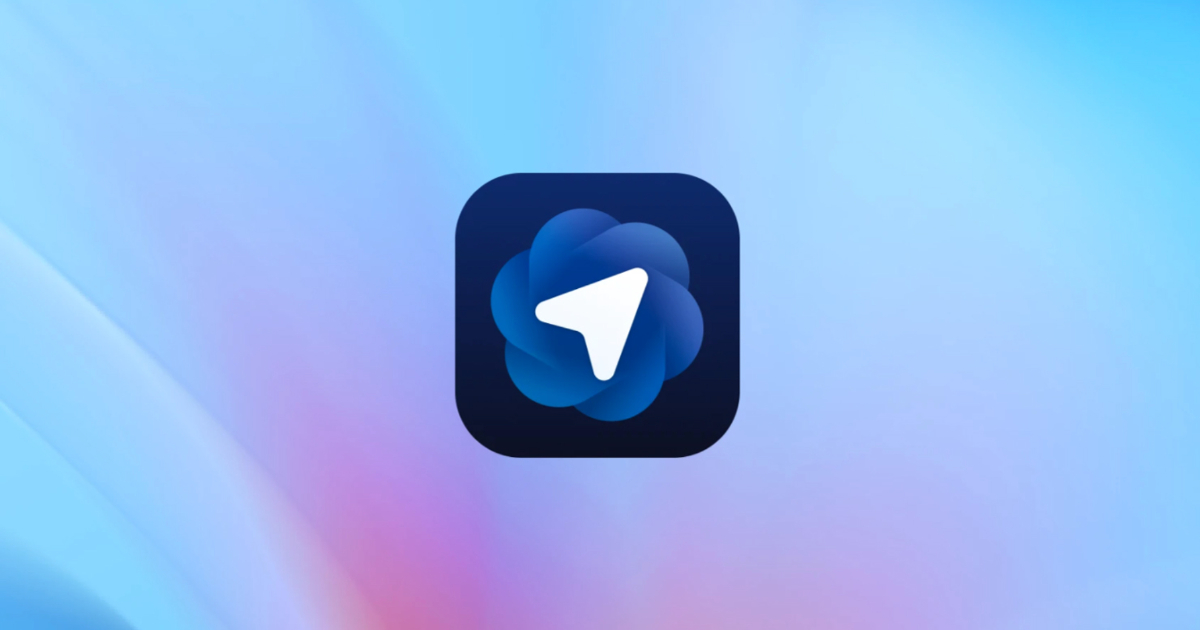OpenAI has introduced ChatGPT Atlas, a new web browser that integrates ChatGPT into the browsing experience. Rather than functioning as a separate assistant that users have to switch to, Atlas incorporates the model throughout the browsing process. It understands web pages, answers questions, and assists with tasks in real-time.
The company describes Atlas as “a browser built with ChatGPT at its core,” designed to bring the assistant into the same space where users already read, research, and work. It builds on last year’s addition of search and real-time web access in ChatGPT, extending those capabilities into a full browsing environment. In Atlas, ChatGPT can analyze what’s on screen, summarize articles, or take actions like booking appointments or compiling research — all without leaving the page.
ChatGPT’s memory is integrated, so the assistant can recall context from past visits or ongoing projects. For example, it can summarize the job listings a user looked at last week or continue research where it left off. OpenAI says browser memories are completely optional and can be viewed, archived, or deleted at any time.
Agent mode, first introduced in ChatGPT earlier this year, also arrives in Atlas. It allows the assistant to perform multi-step tasks, such as gathering information, filling out forms, or ordering items online. OpenAI says the feature has been redesigned for safety: the agent cannot execute code, install extensions, or access files outside the browser, and will pause on sensitive pages like banking or email sites before taking action.
The launch has drawn a mixed response from early users. On Reddit, one commenter wrote:
It didn’t do anything faster or automatically, and I didn’t trust it enough to do anything by itself. I don’t understand who this browser is for?
Another user was more optimistic but cautious:
I see this as a tool for a specific type of browsing and not something for general use, but I can see how some people will get used to it and forget other browsers exist.
OpenAI says Atlas will continue to evolve, with upcoming features including multi-profile support, developer tools, and better integration for apps built on the ChatGPT SDK. The company also hinted at new standards, such as ARIA tags, that could help websites work more seamlessly with ChatGPT’s agentic features.
Atlas is available starting today for macOS users on all ChatGPT plans with support for Business, Enterprise, and Edu customers in beta. Versions for Windows, iOS, and Android are on the way. Users can import bookmarks, passwords, and browsing history from their current browser when setting it up.








